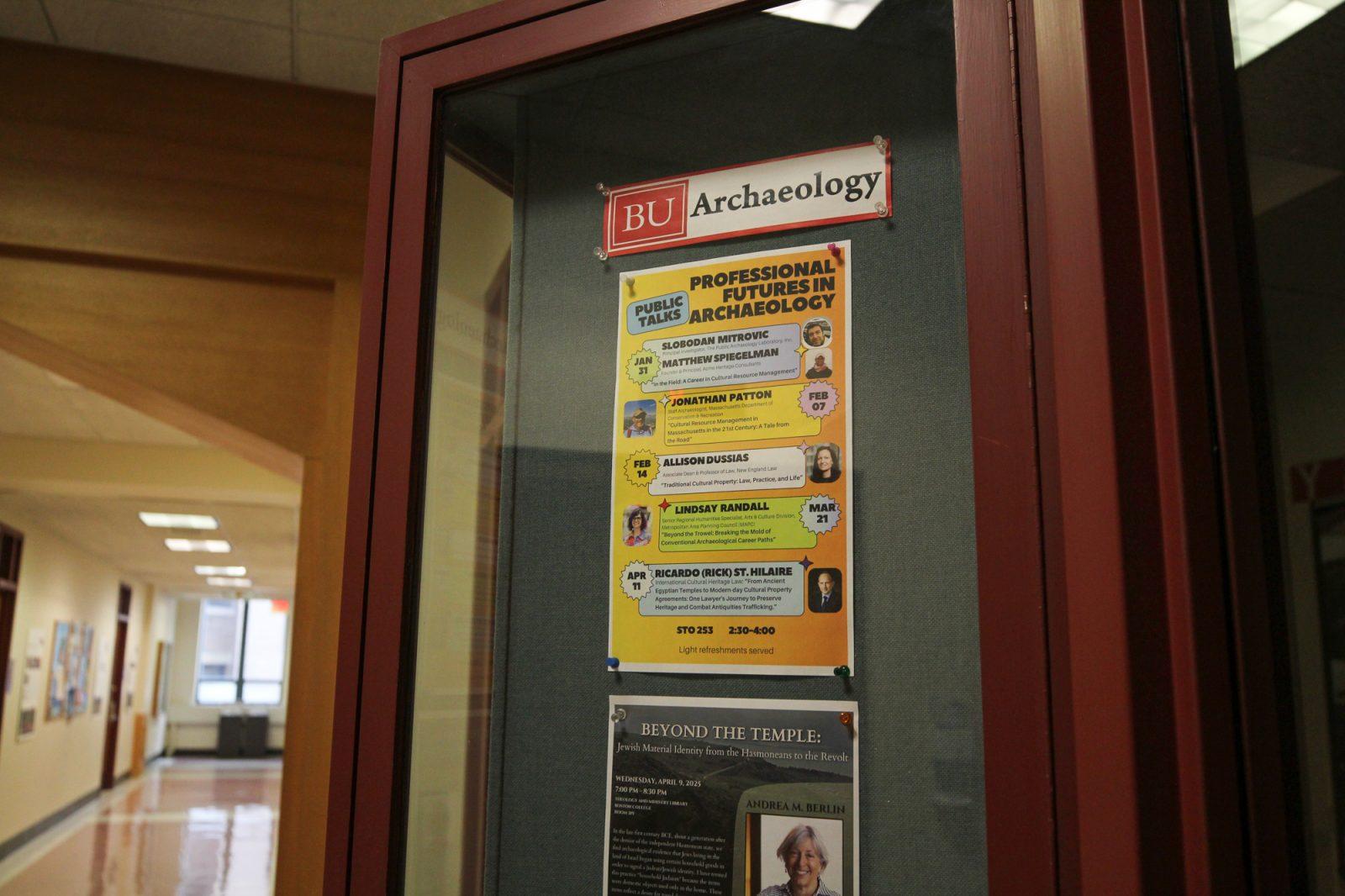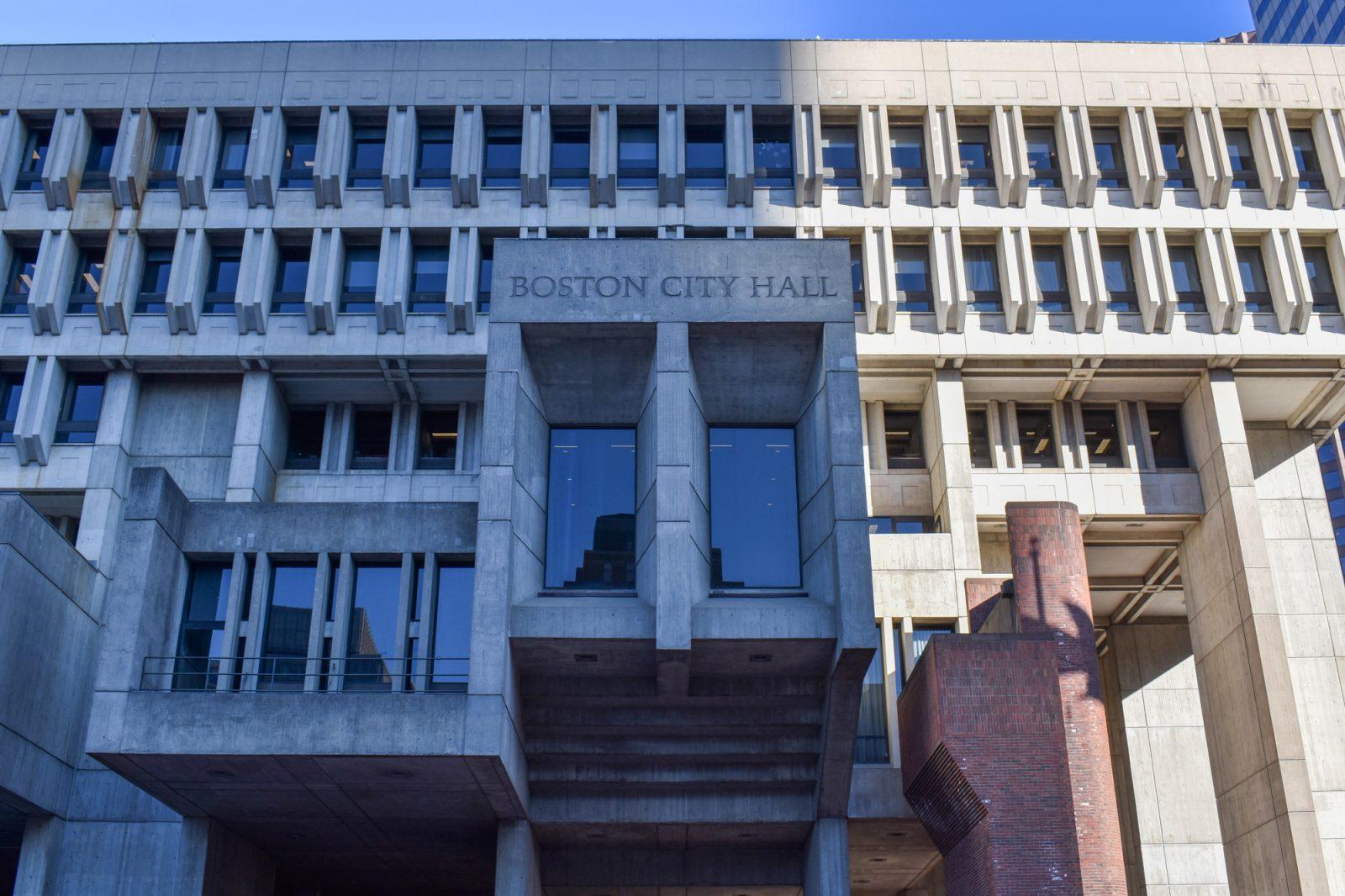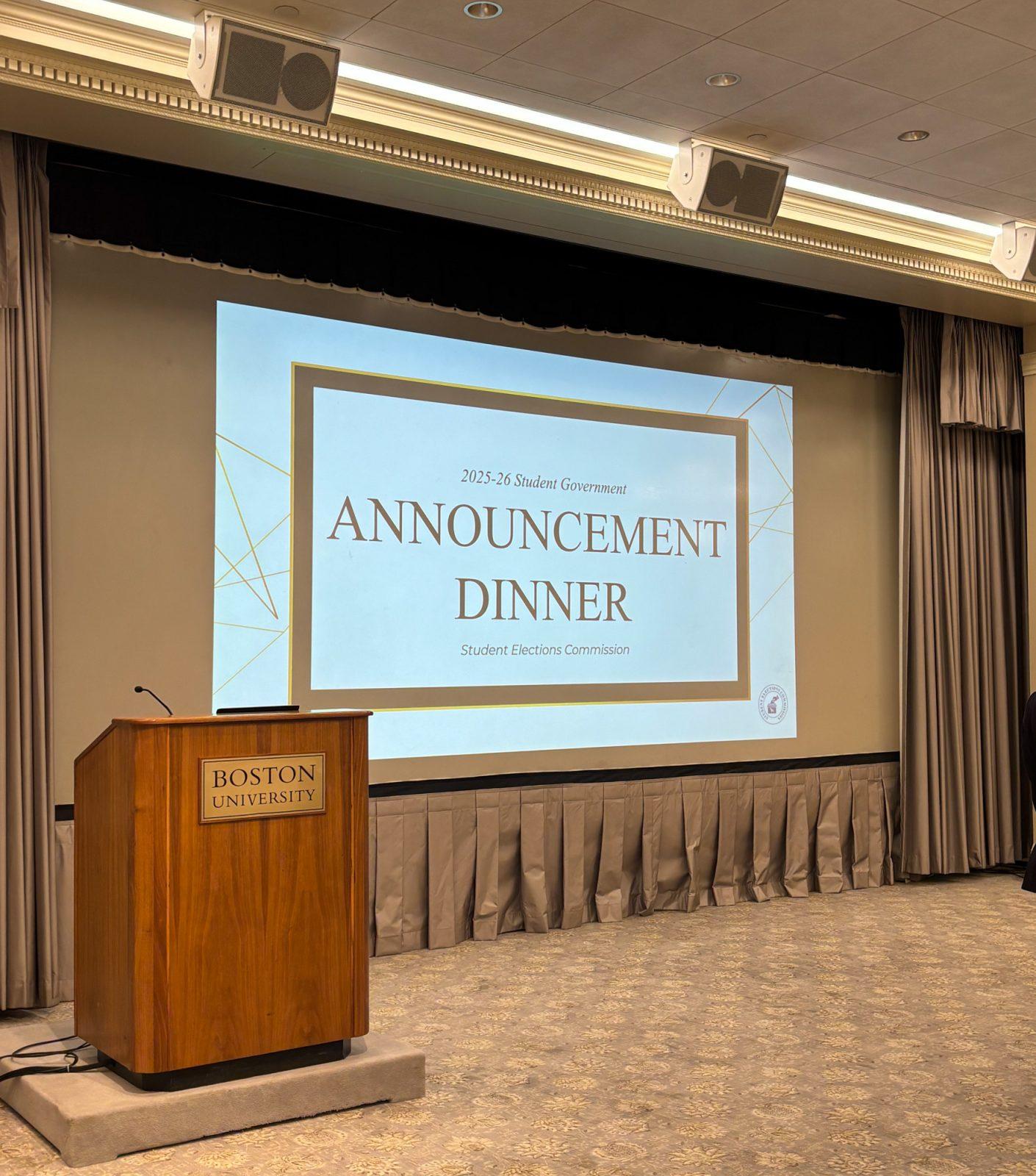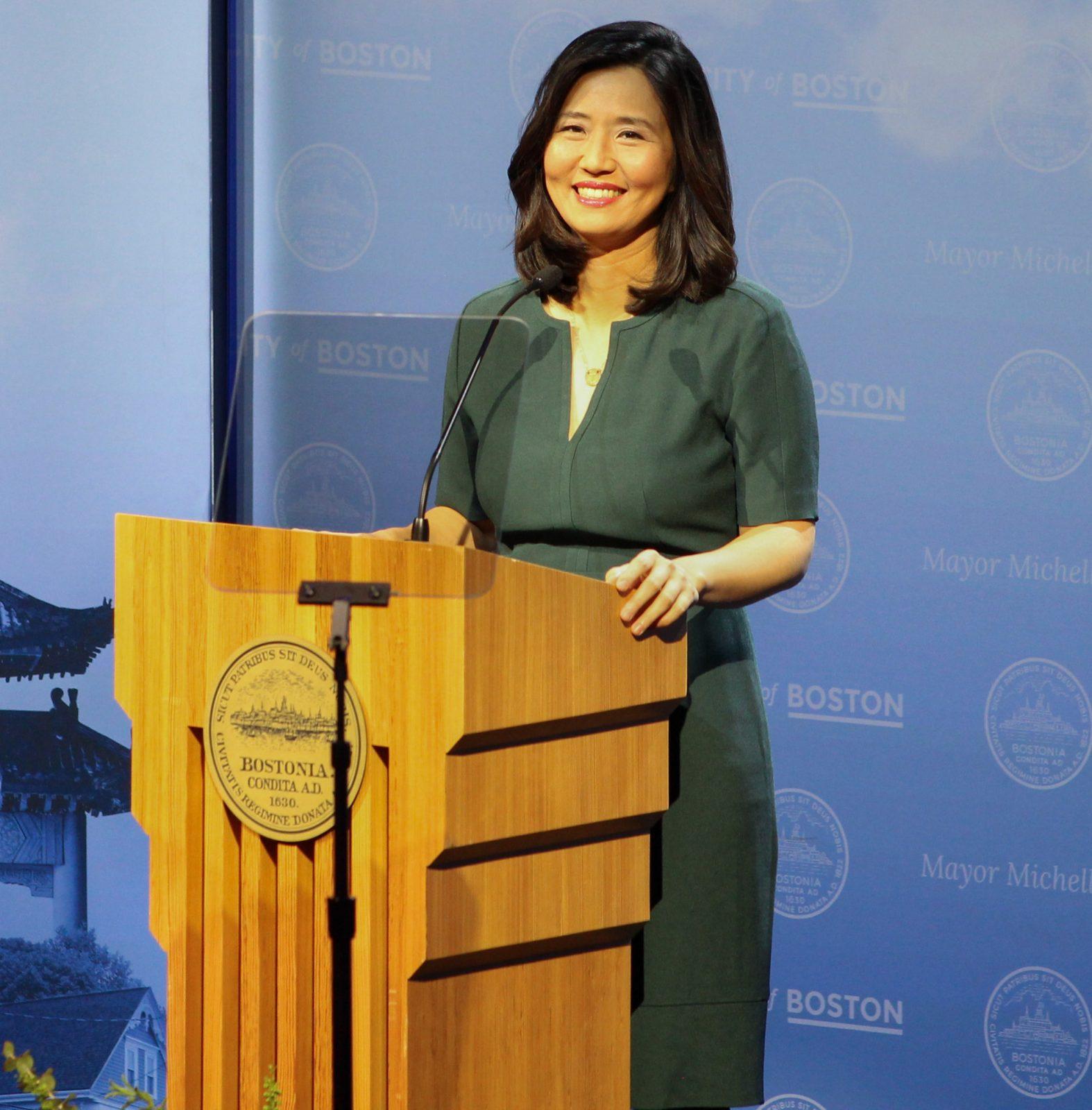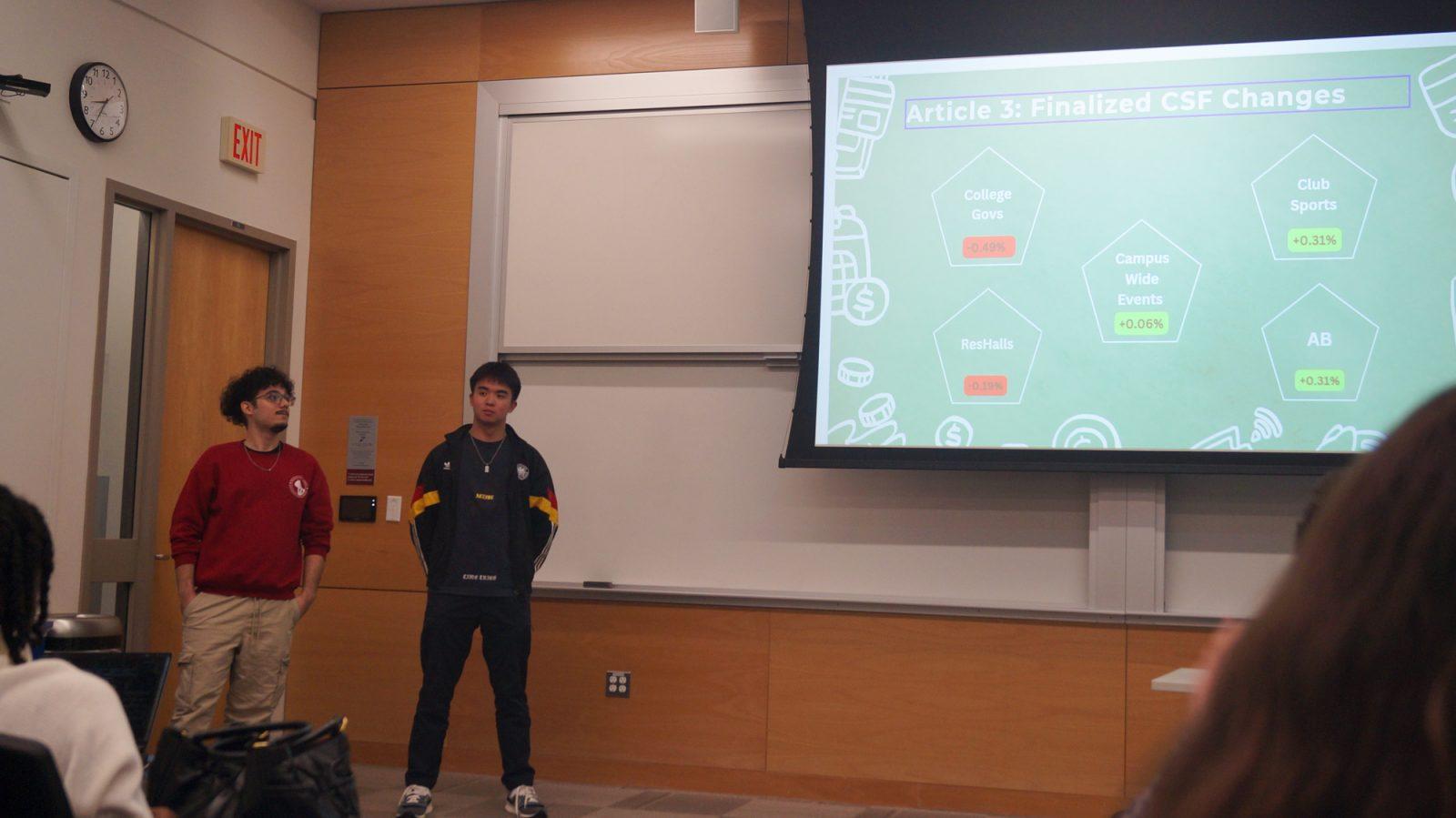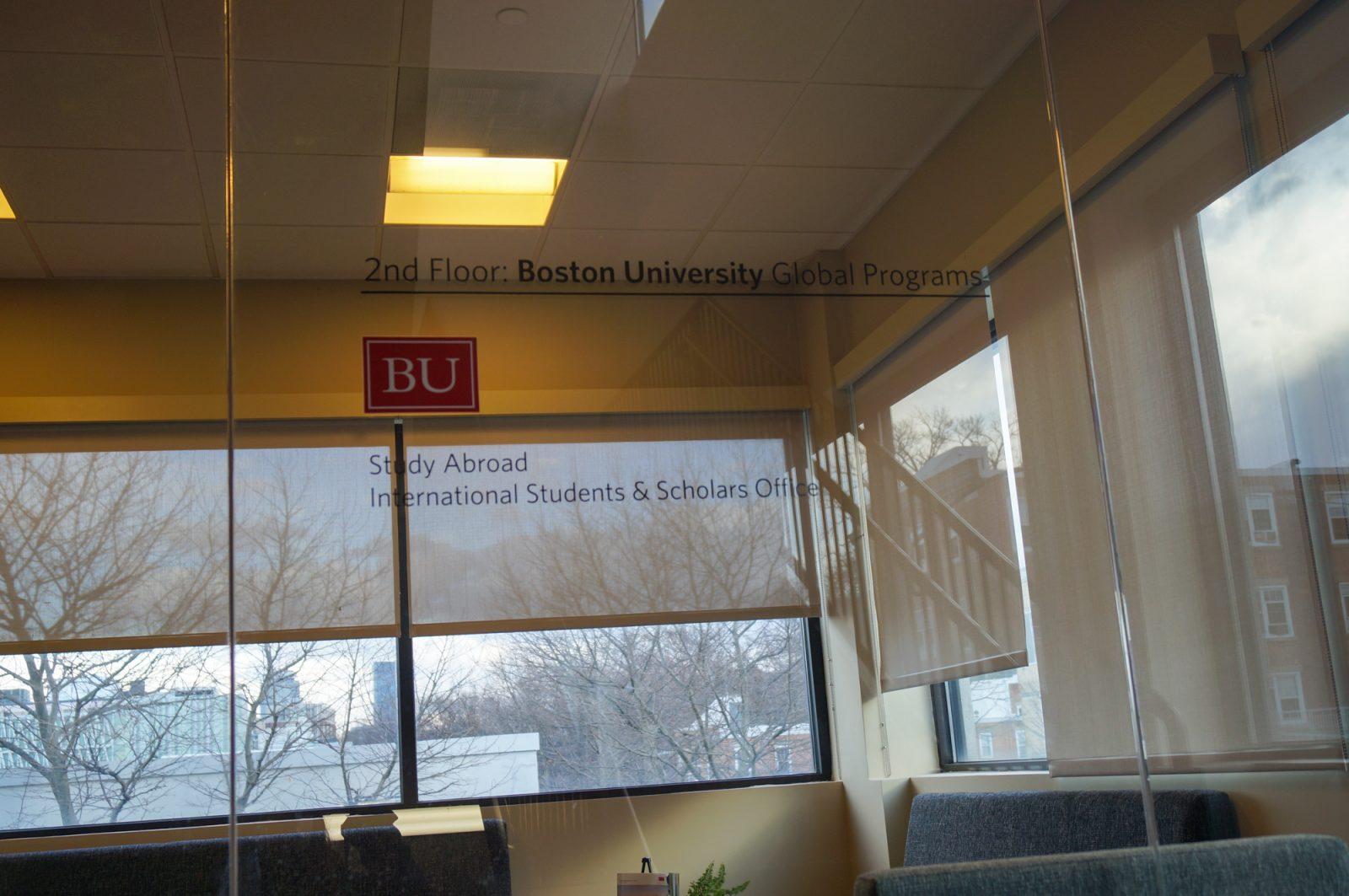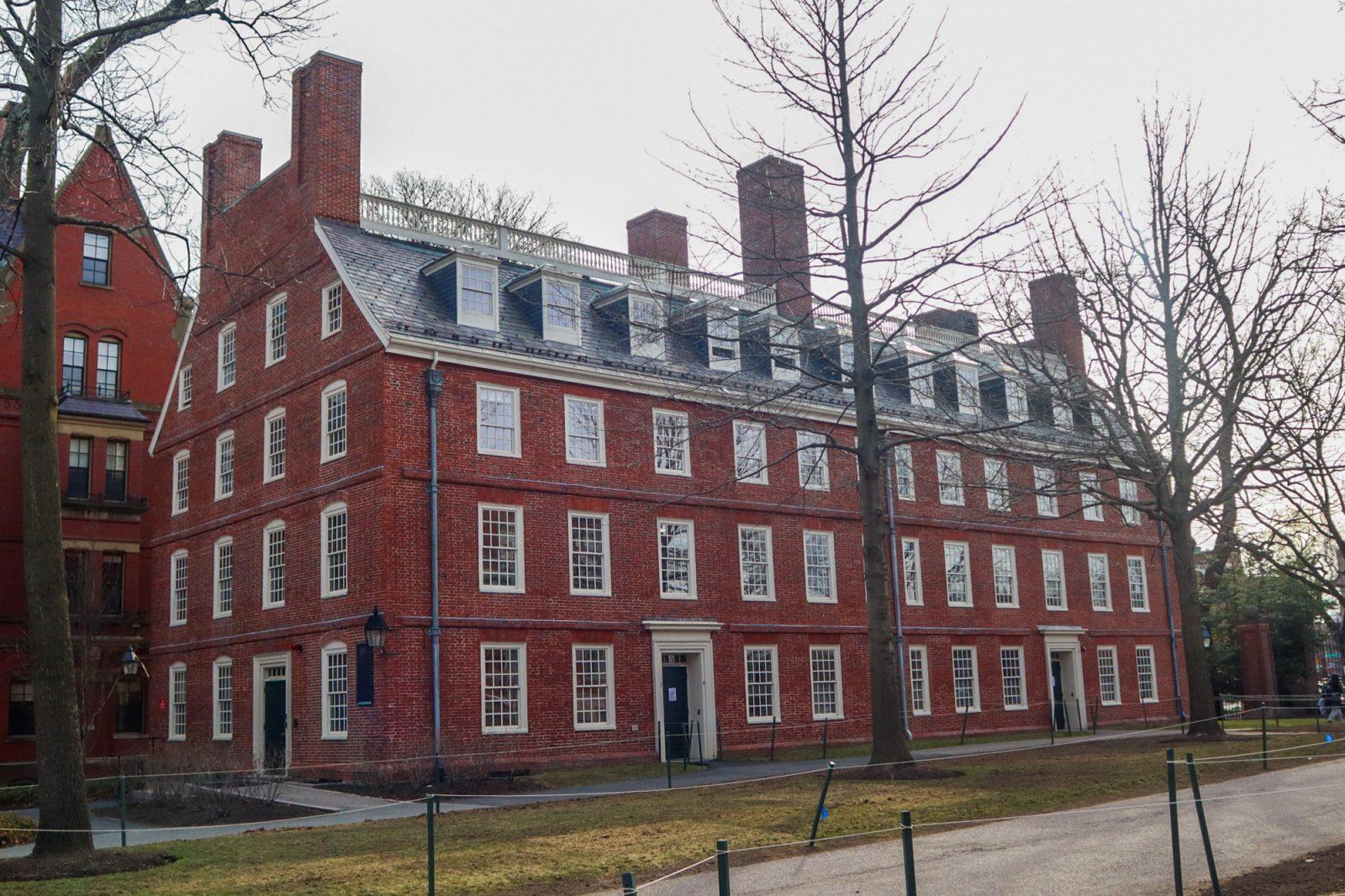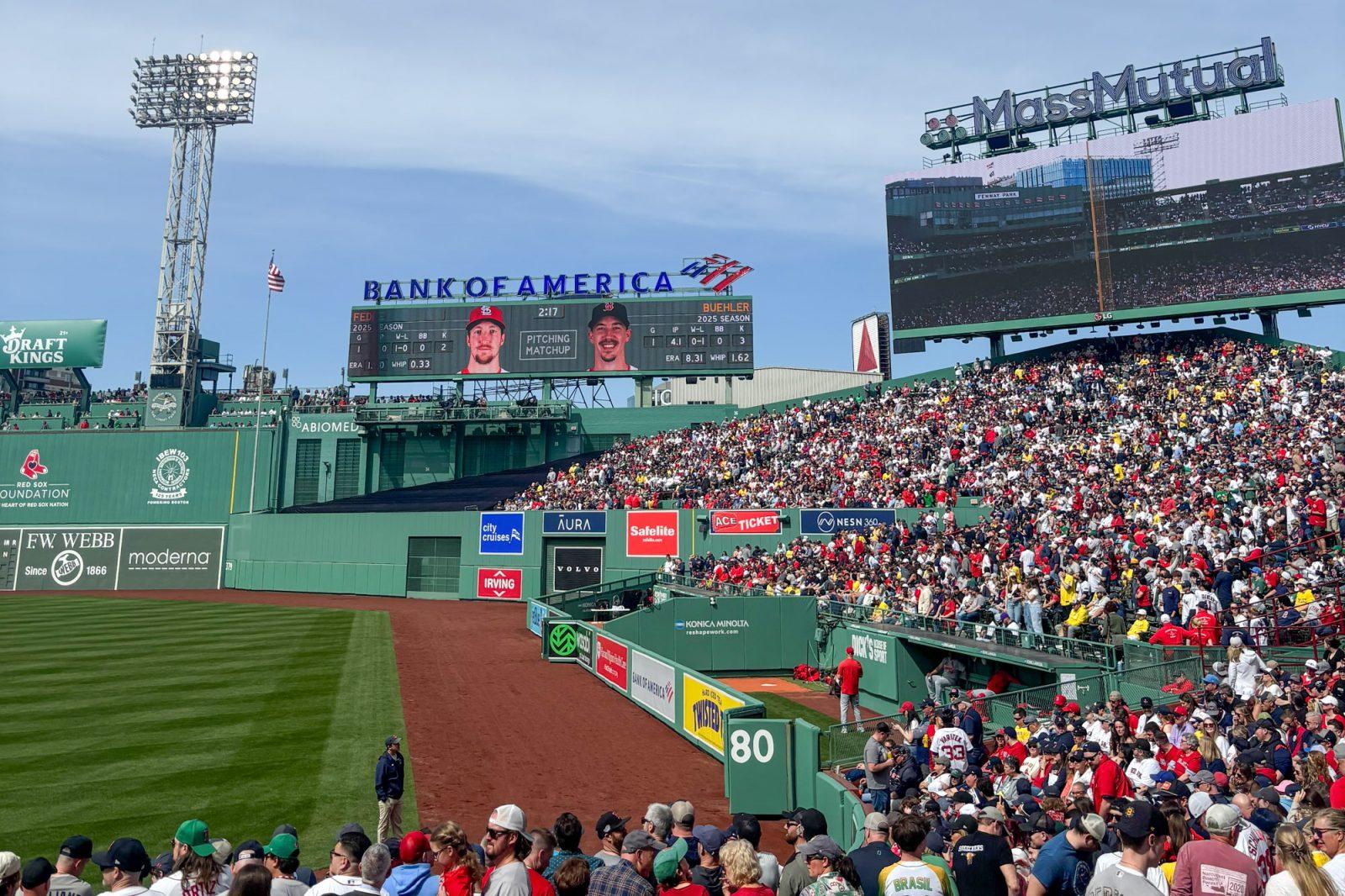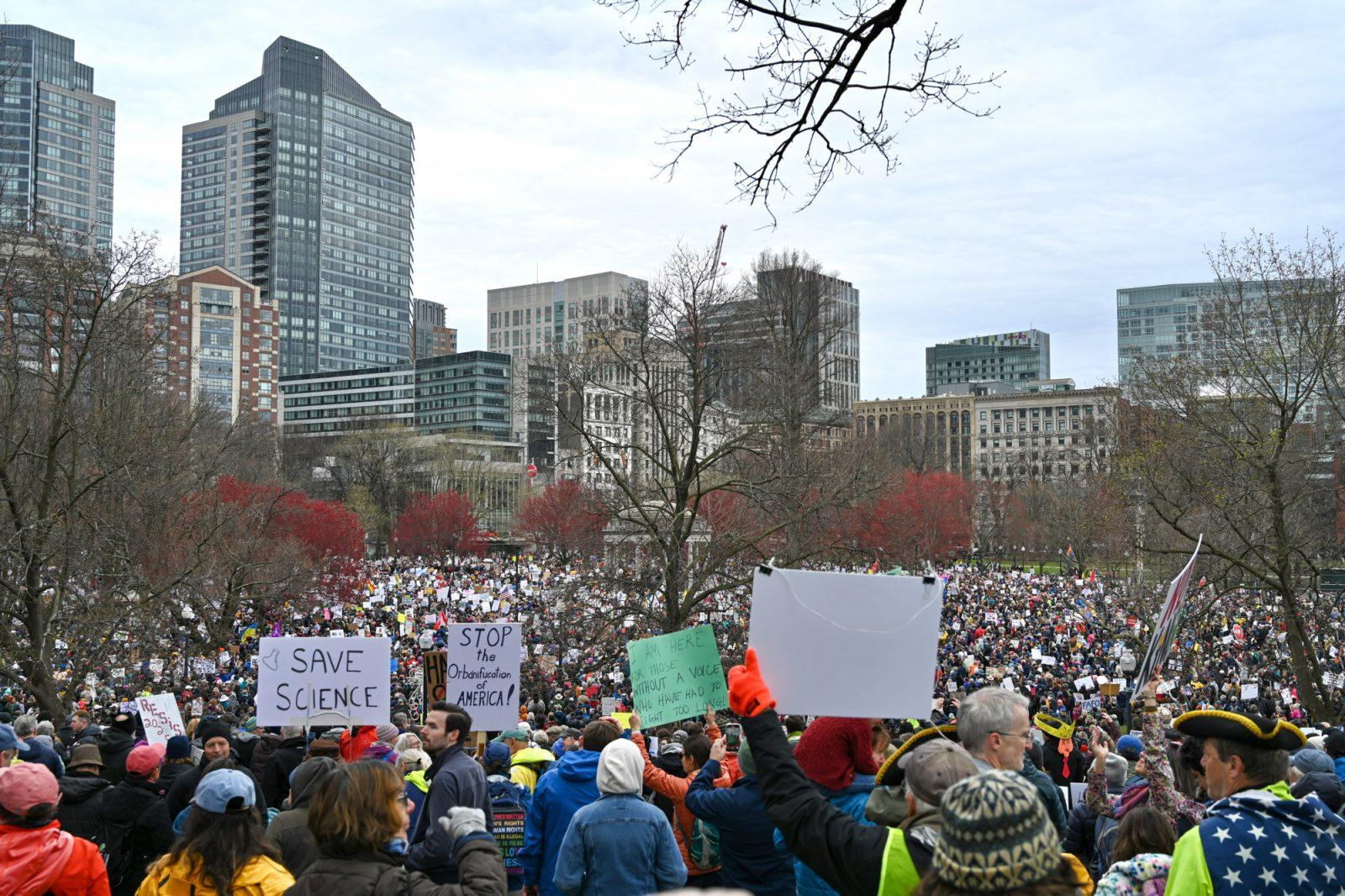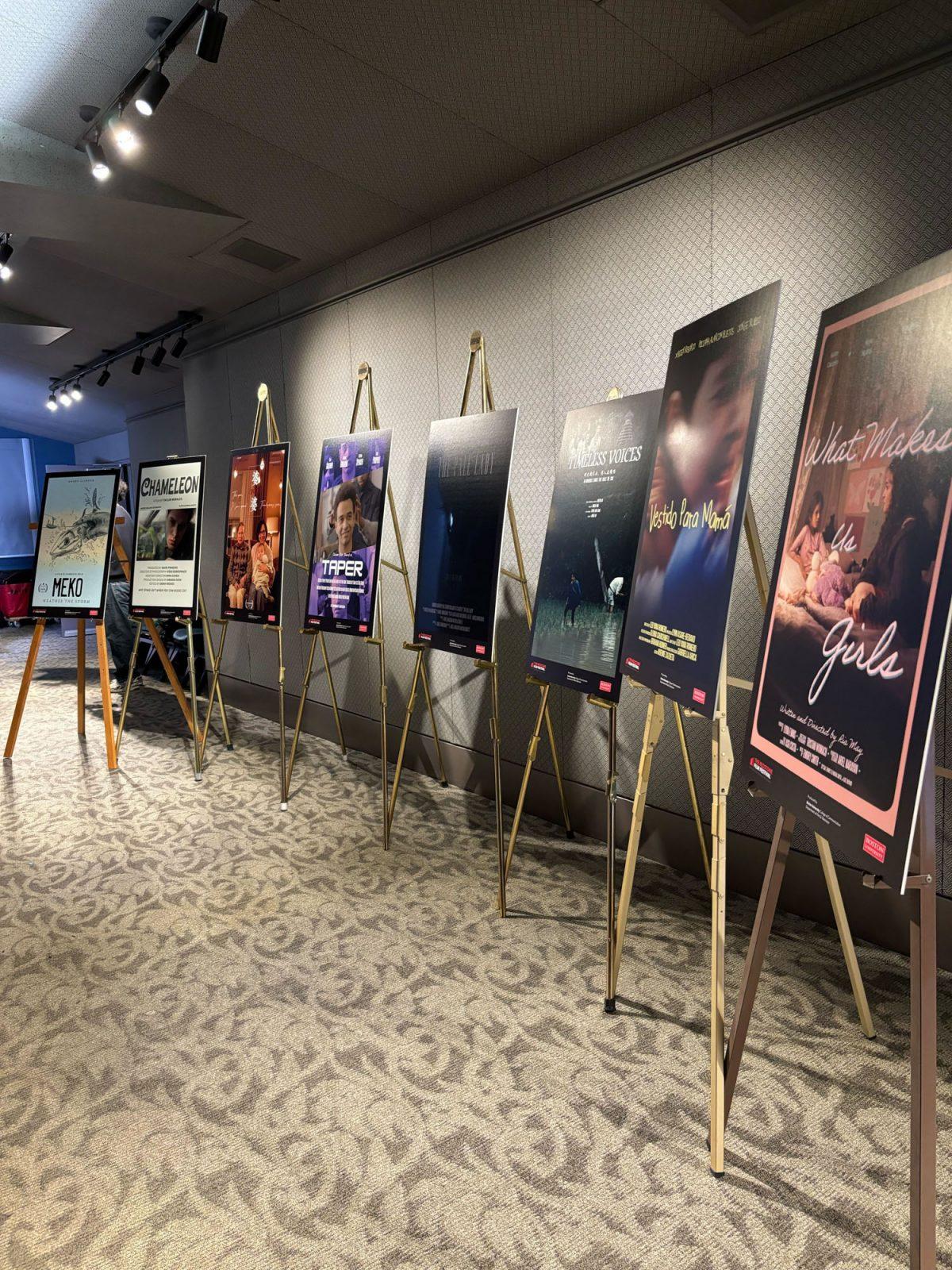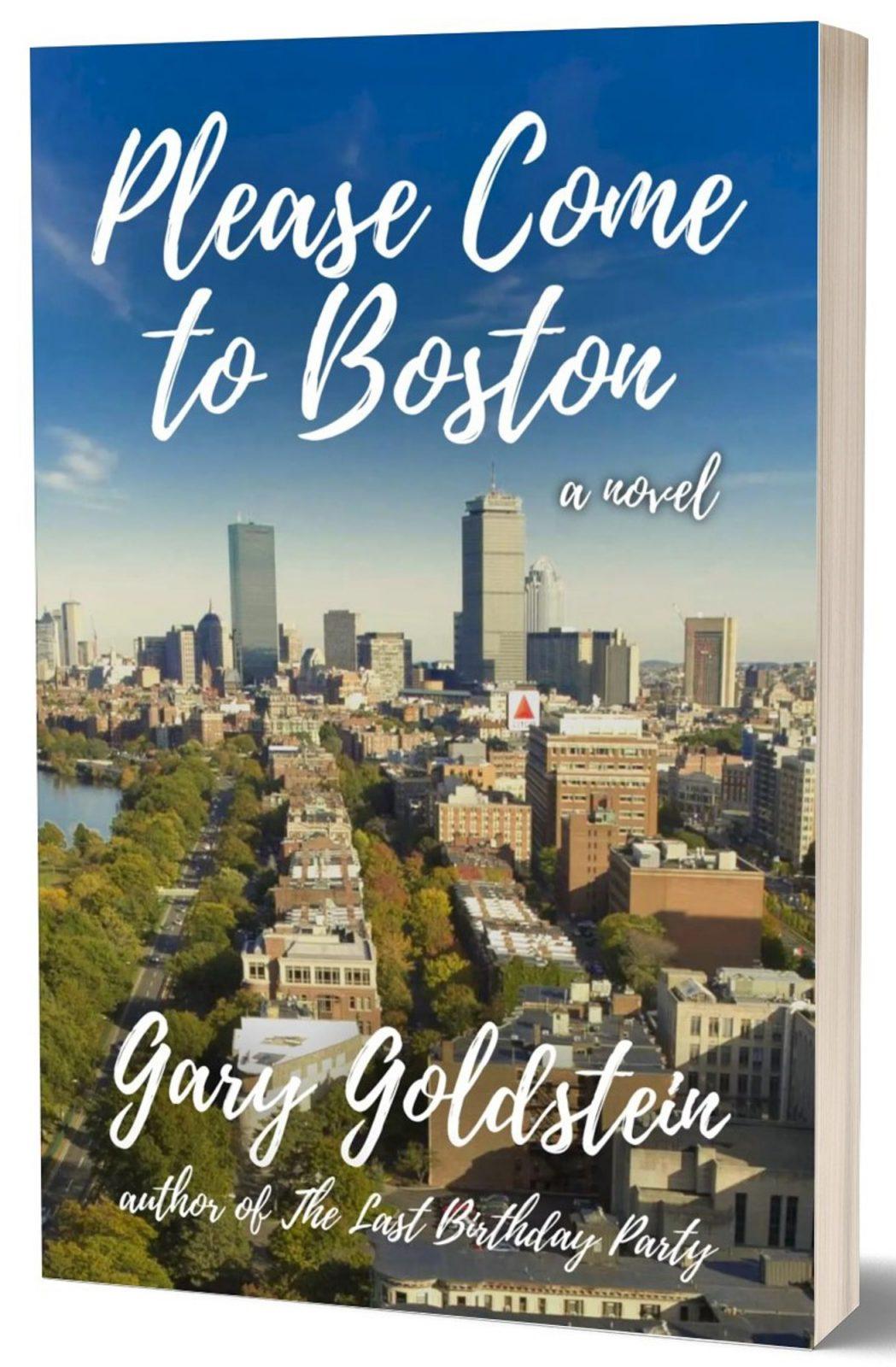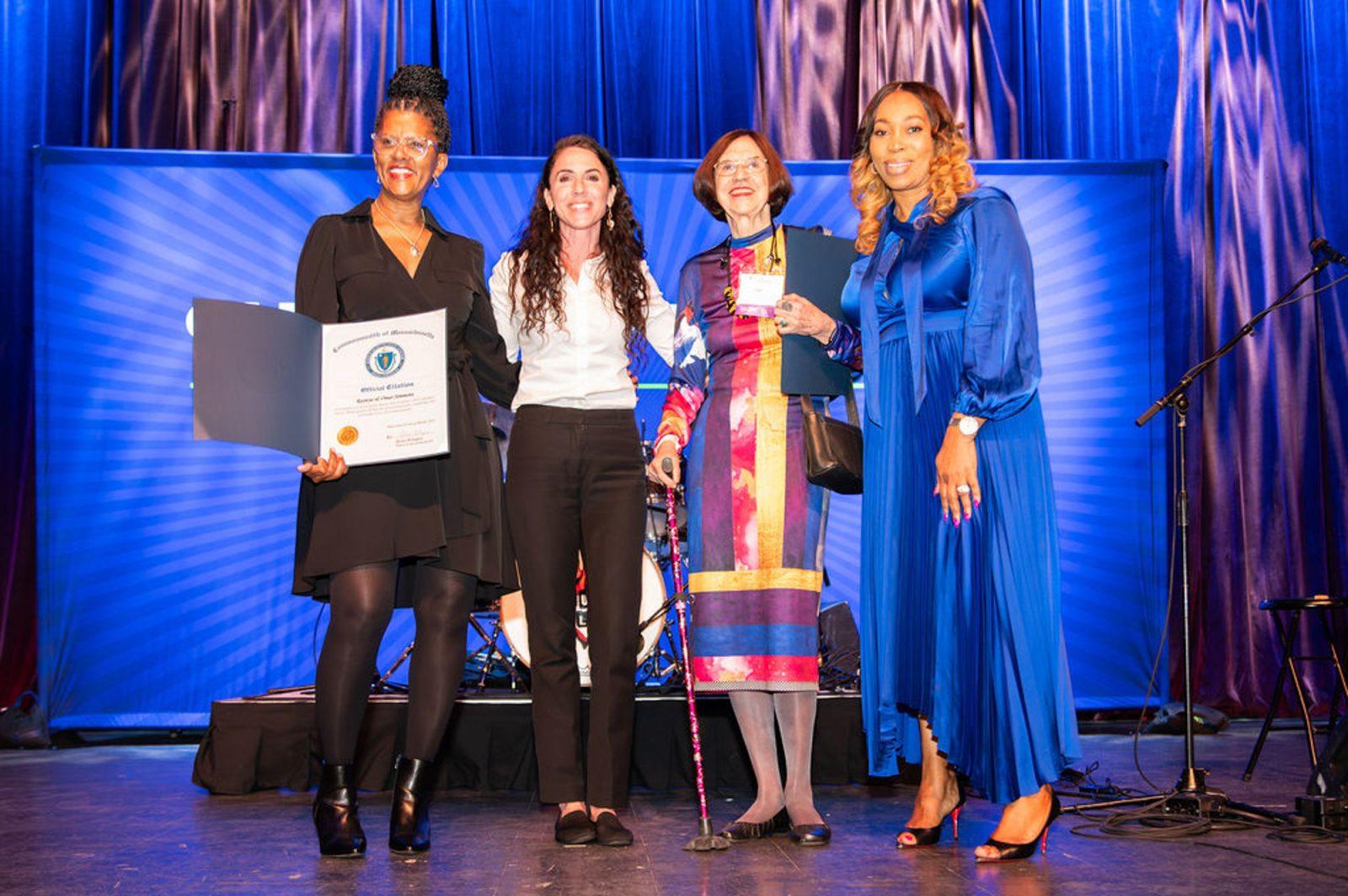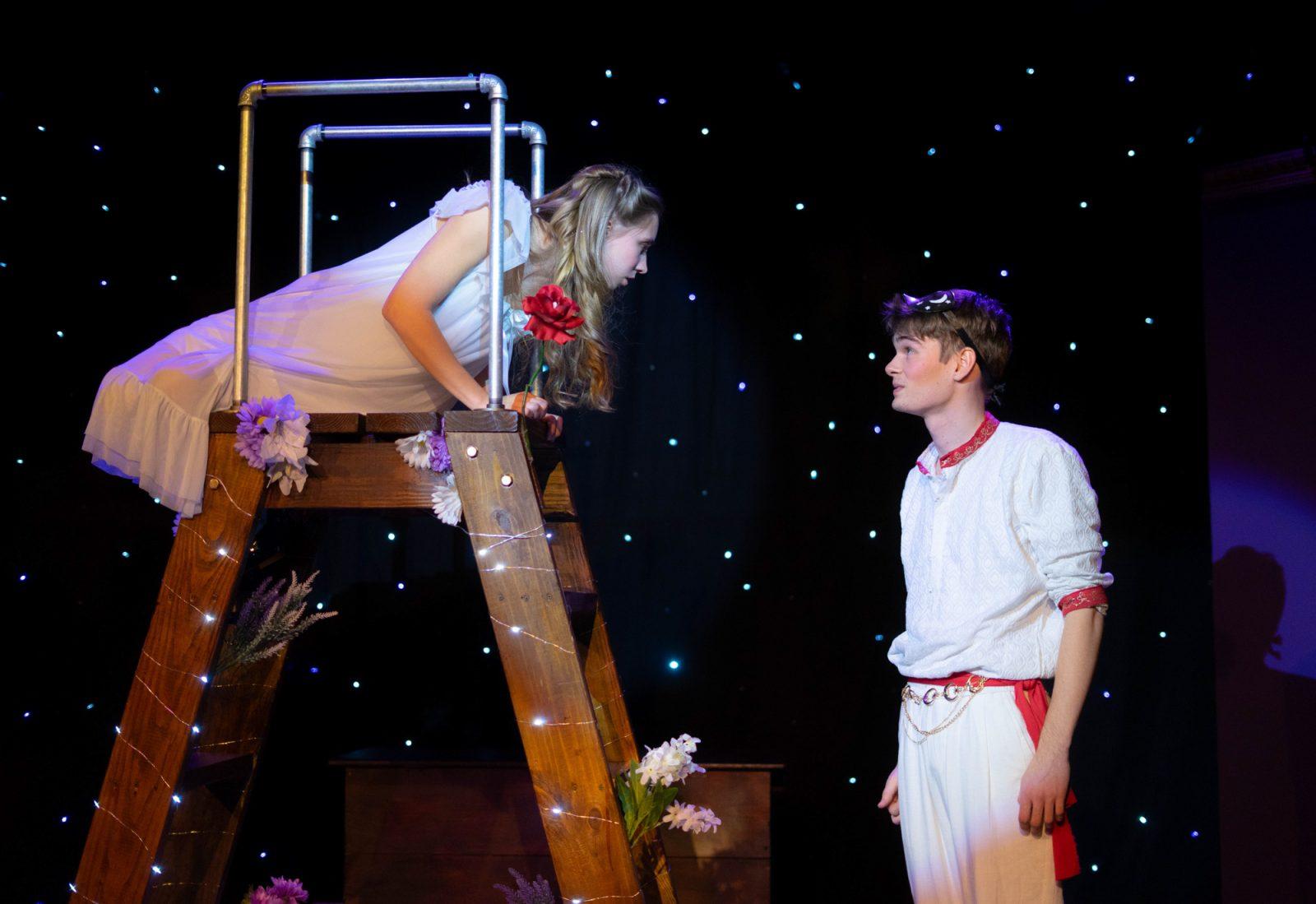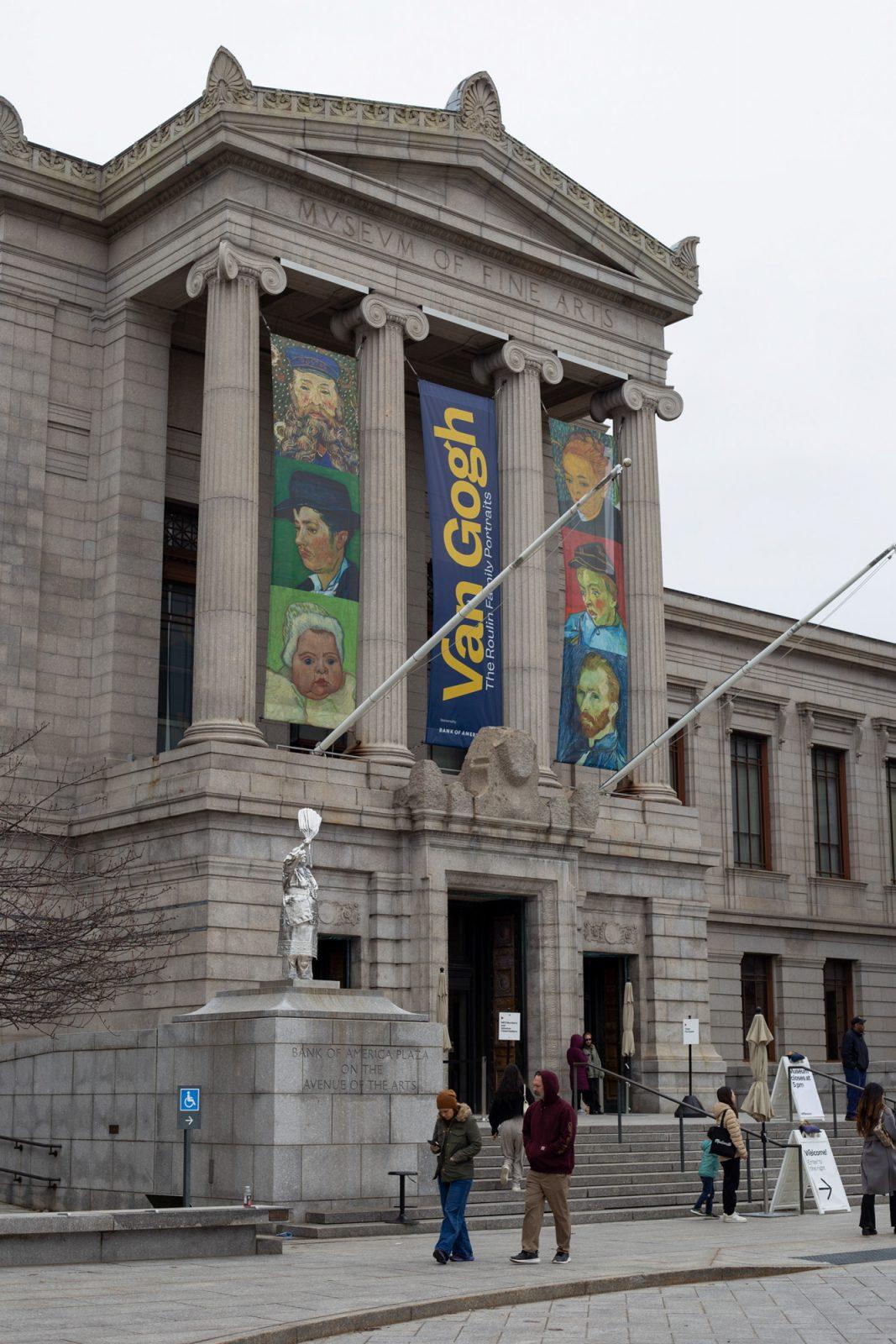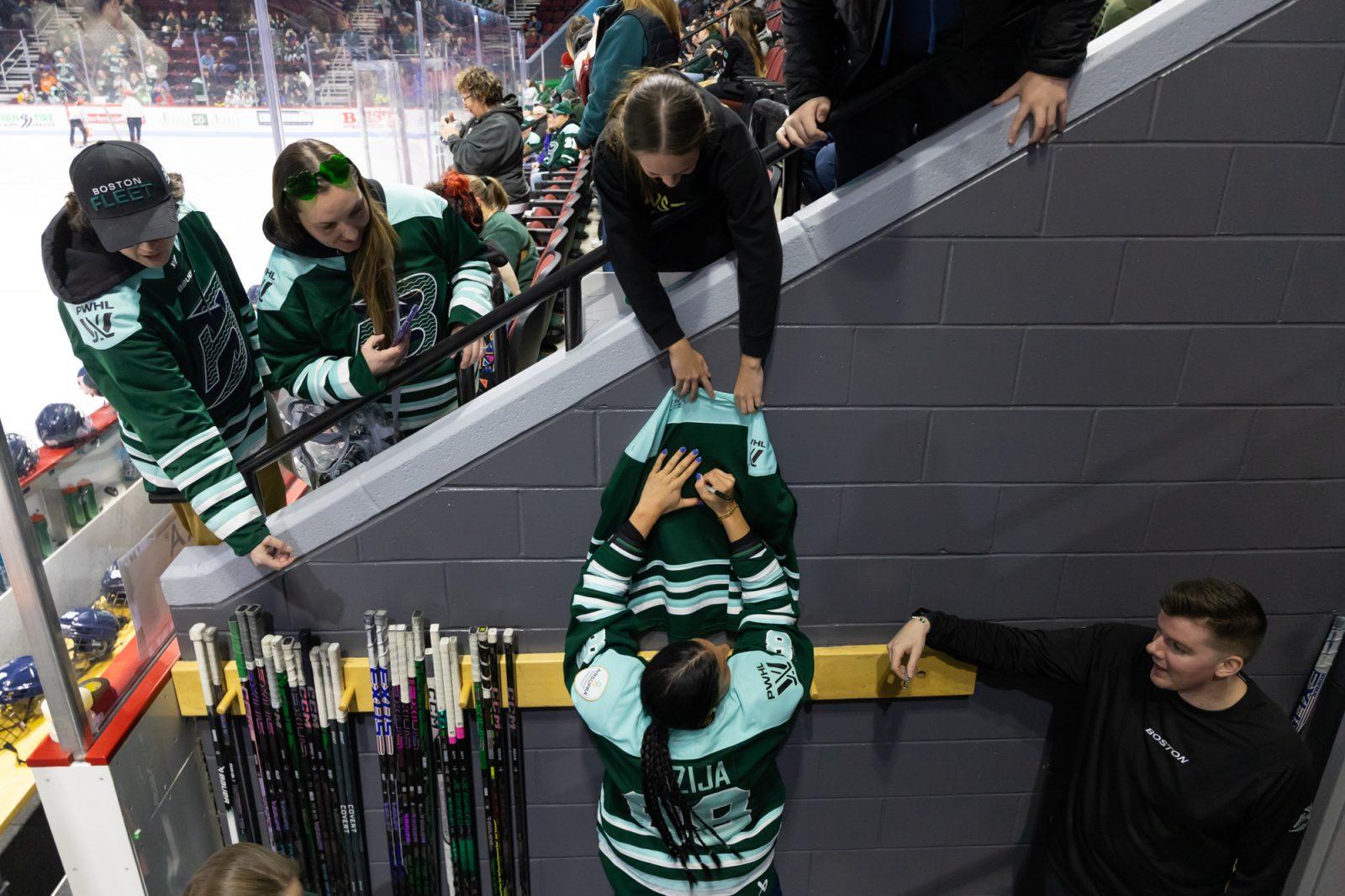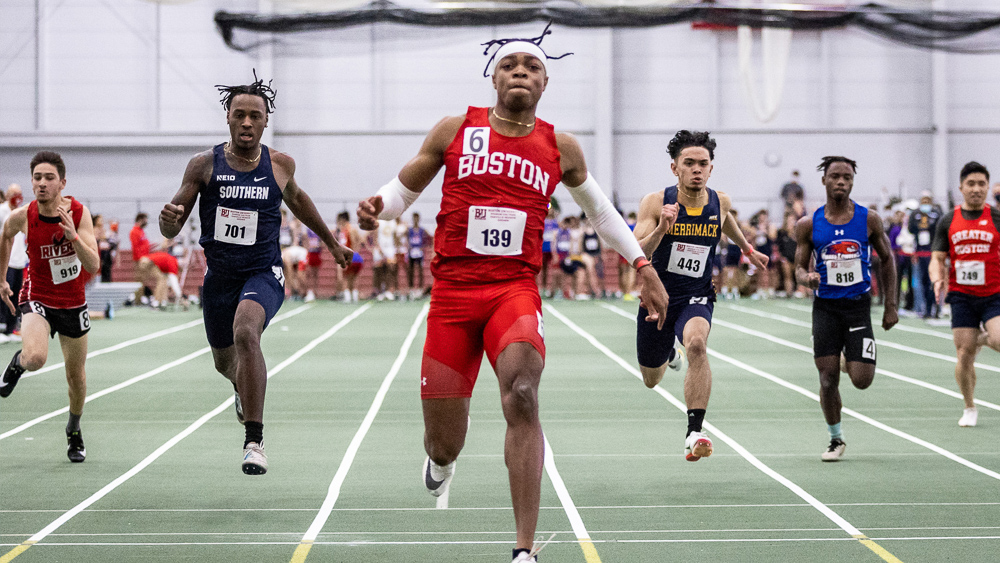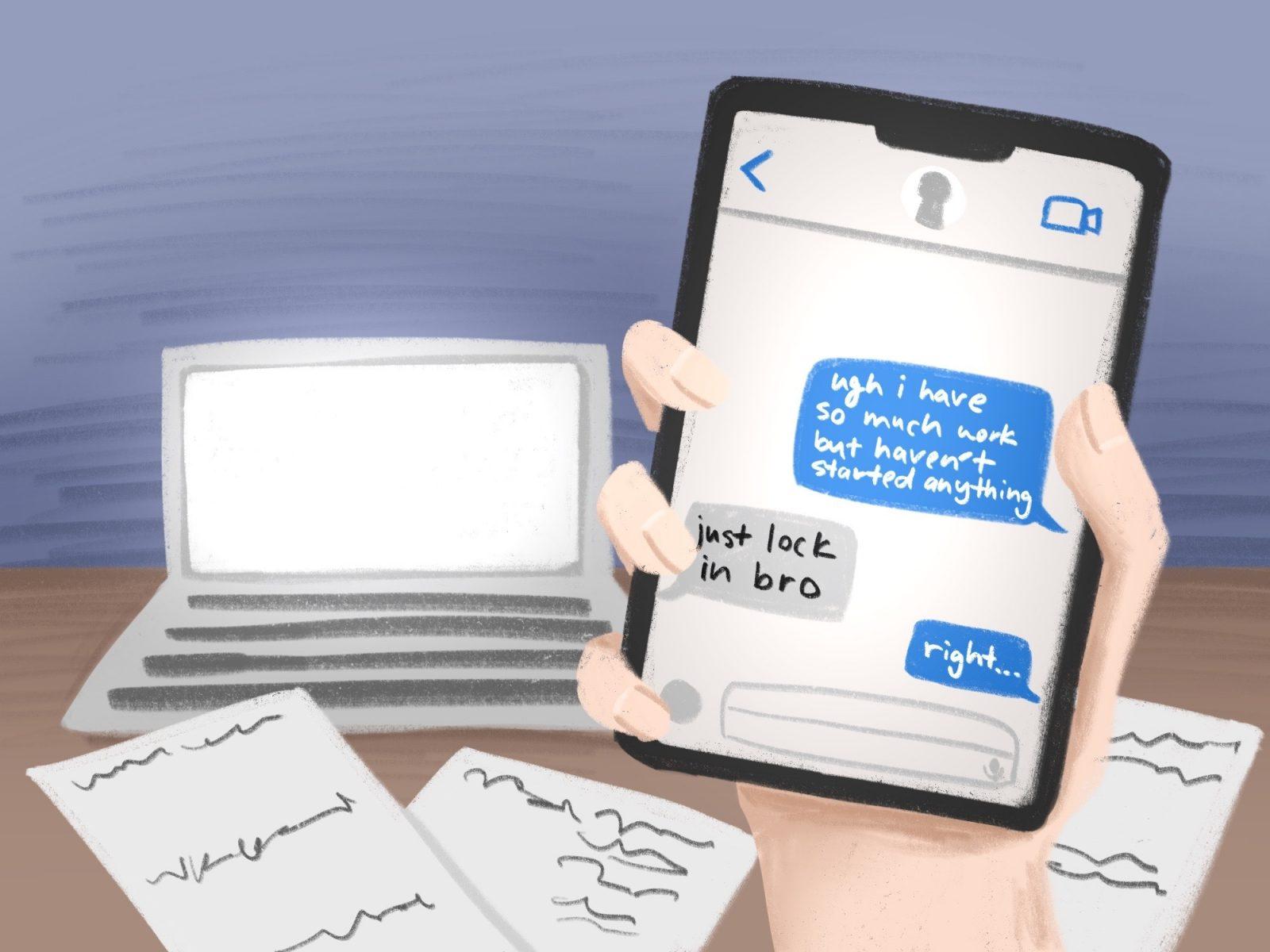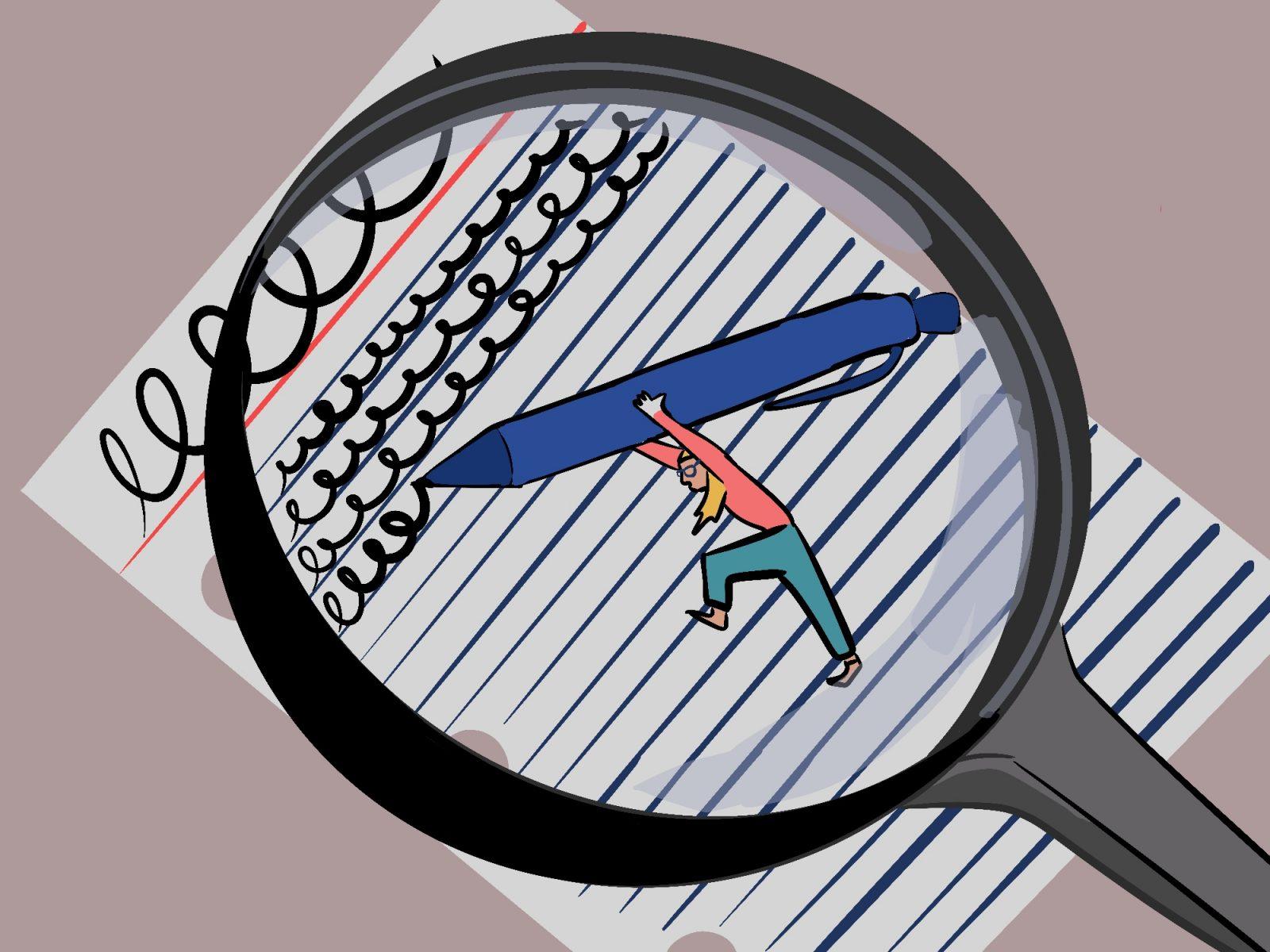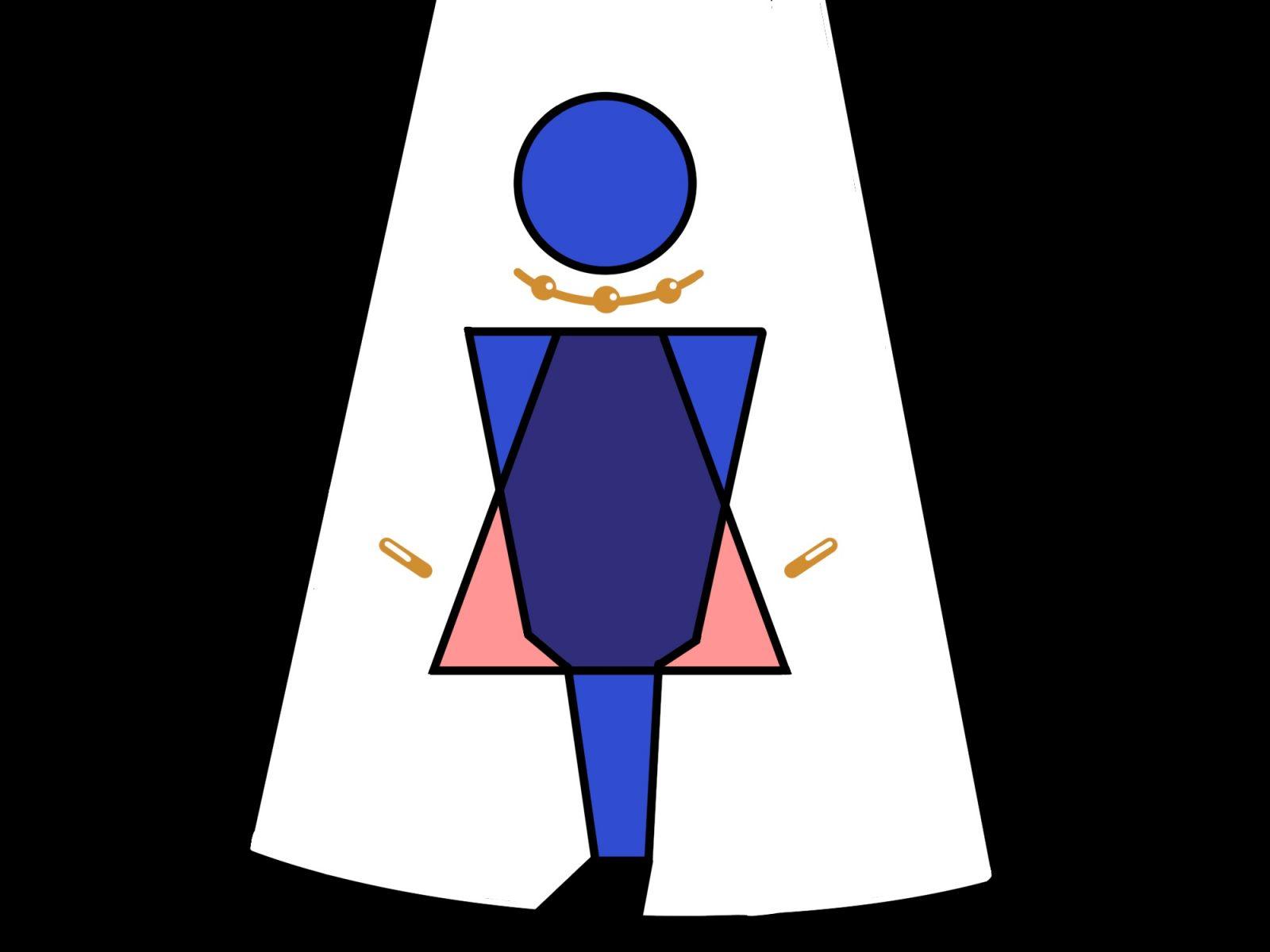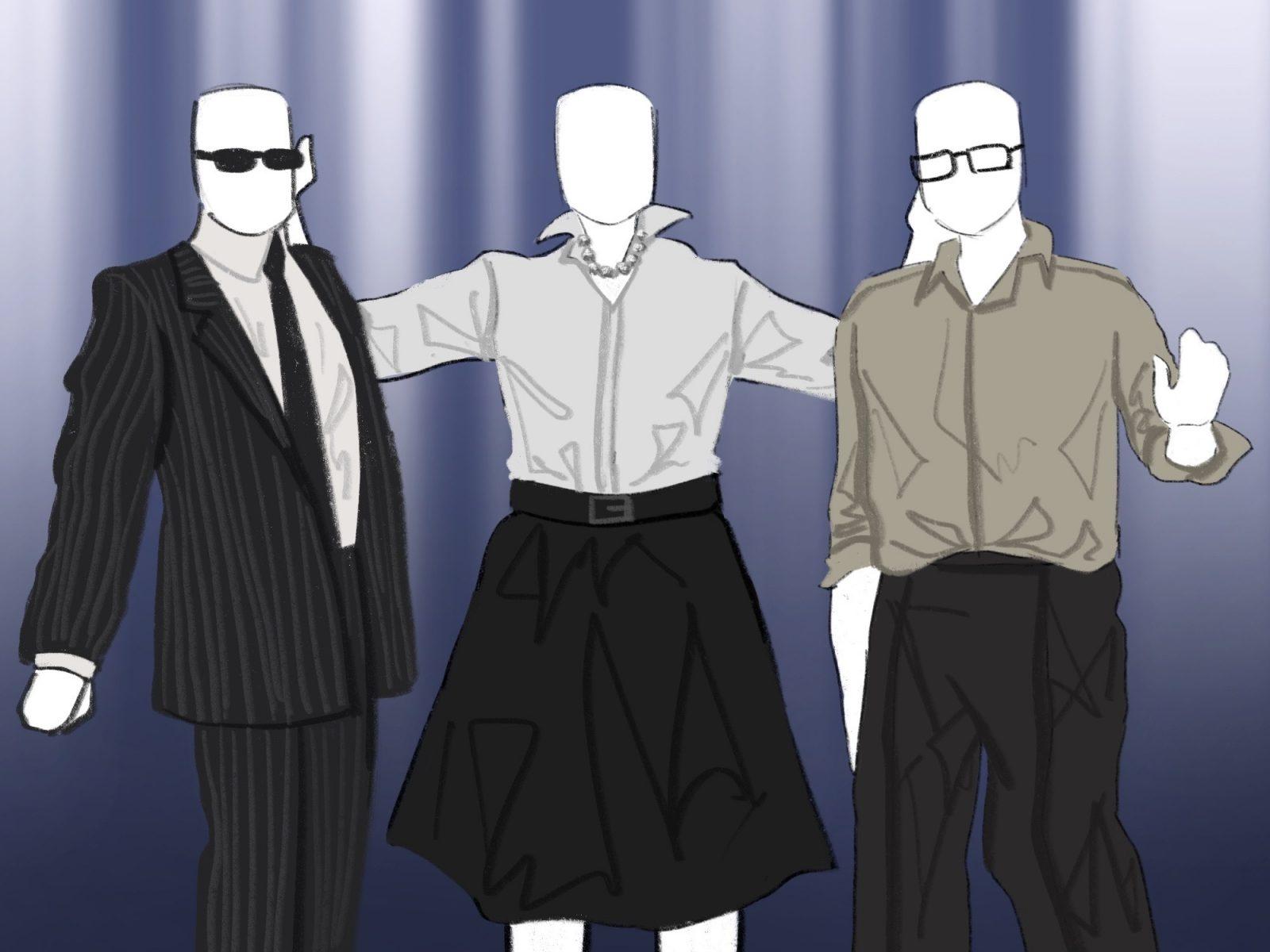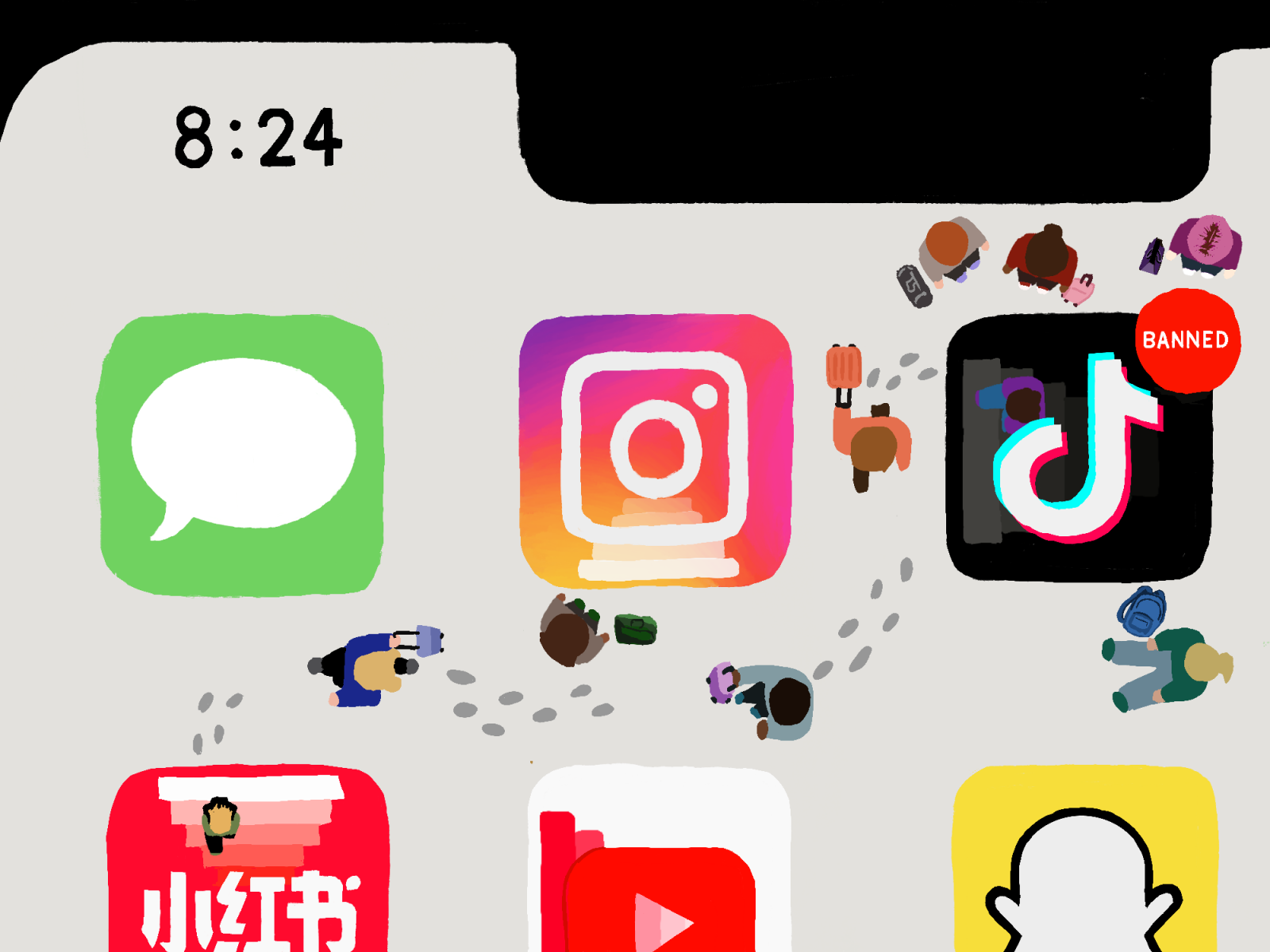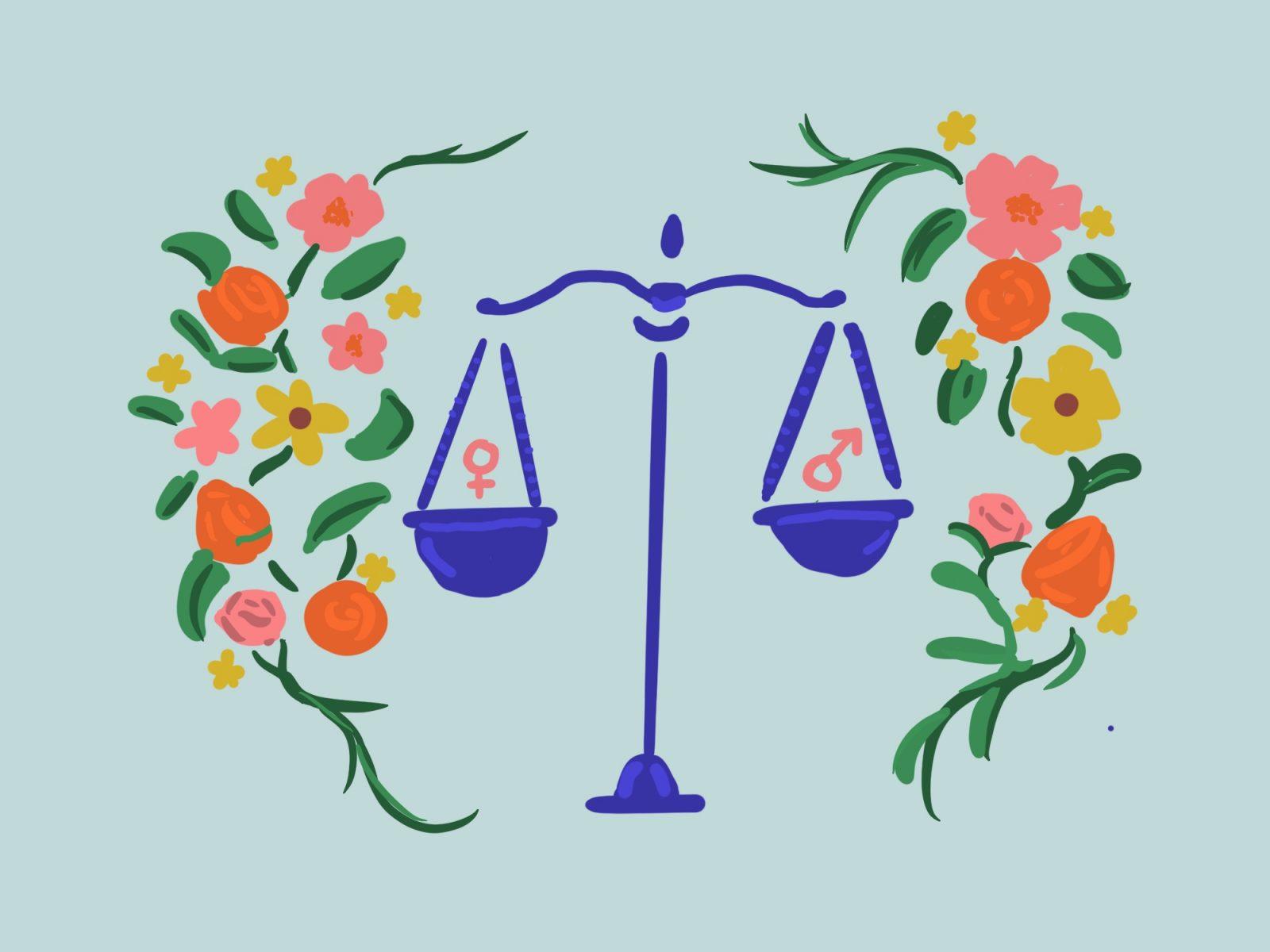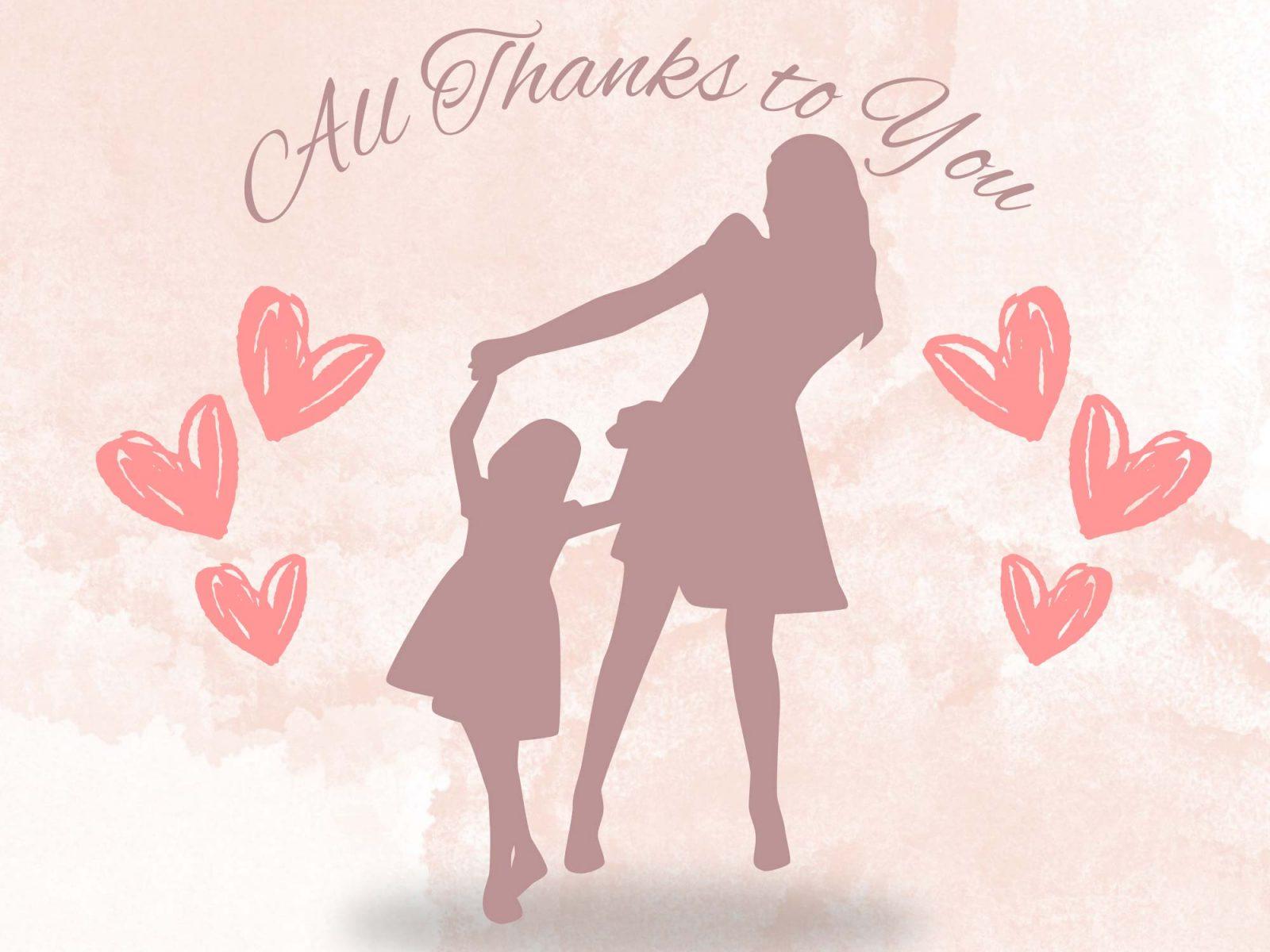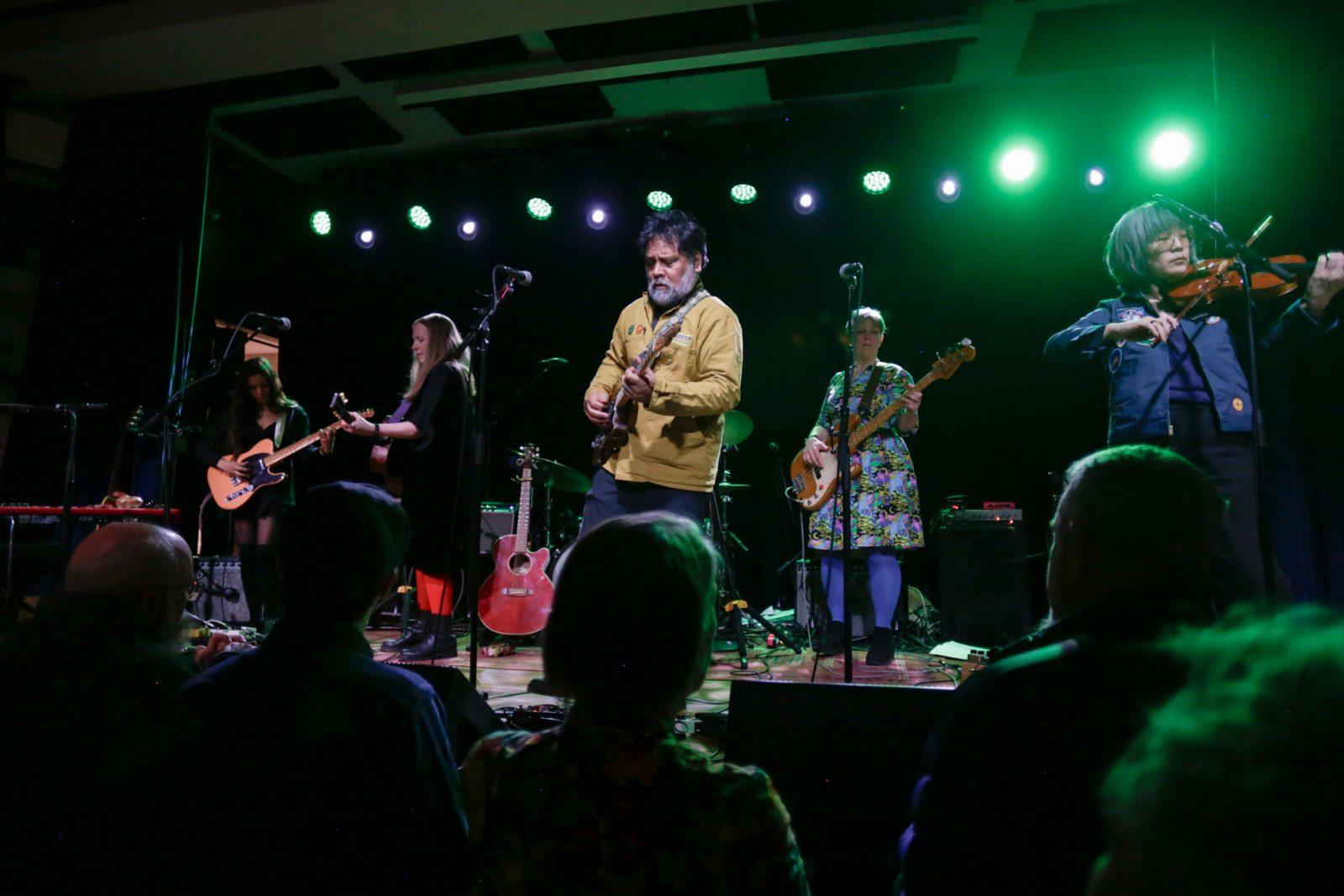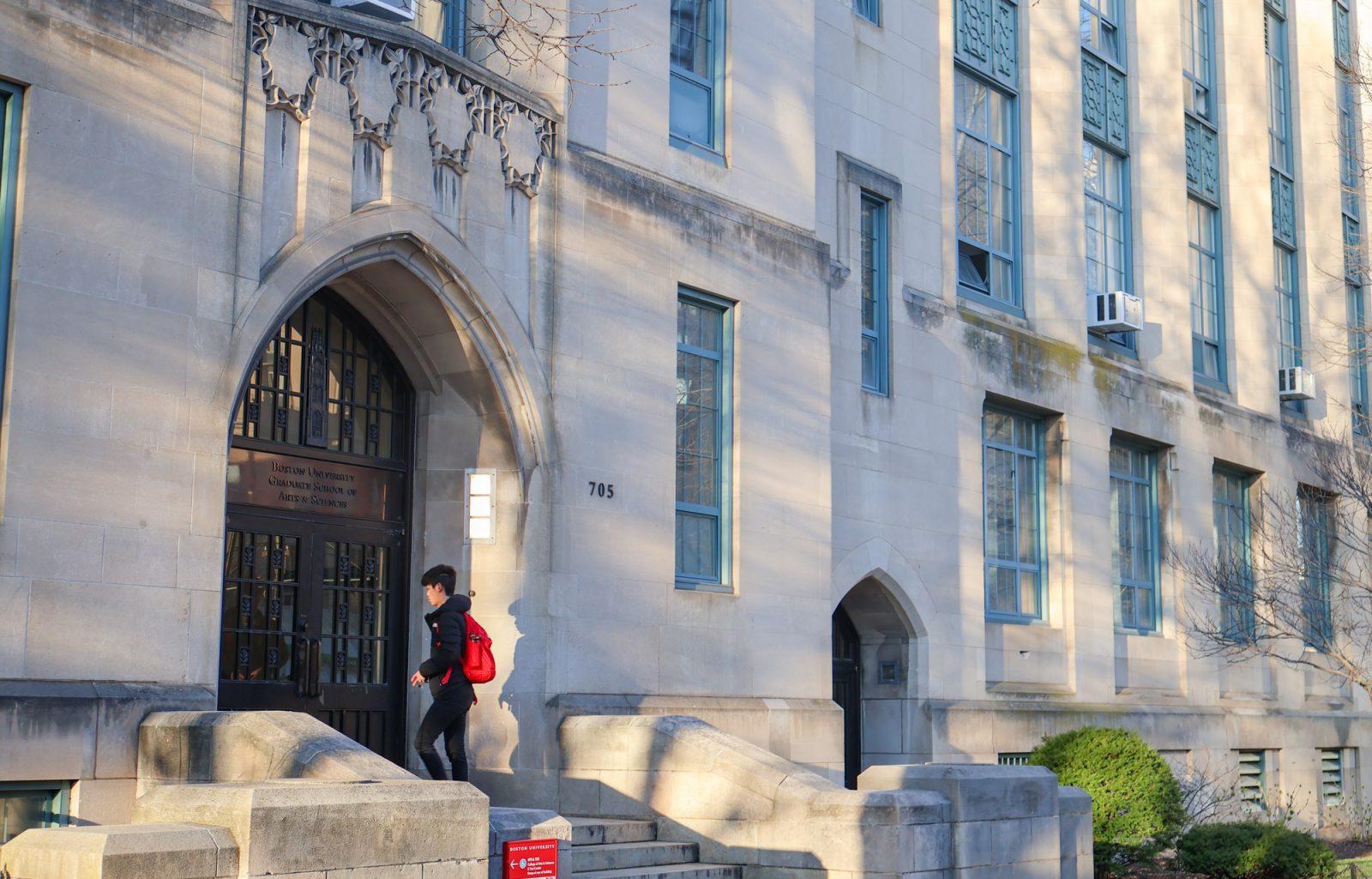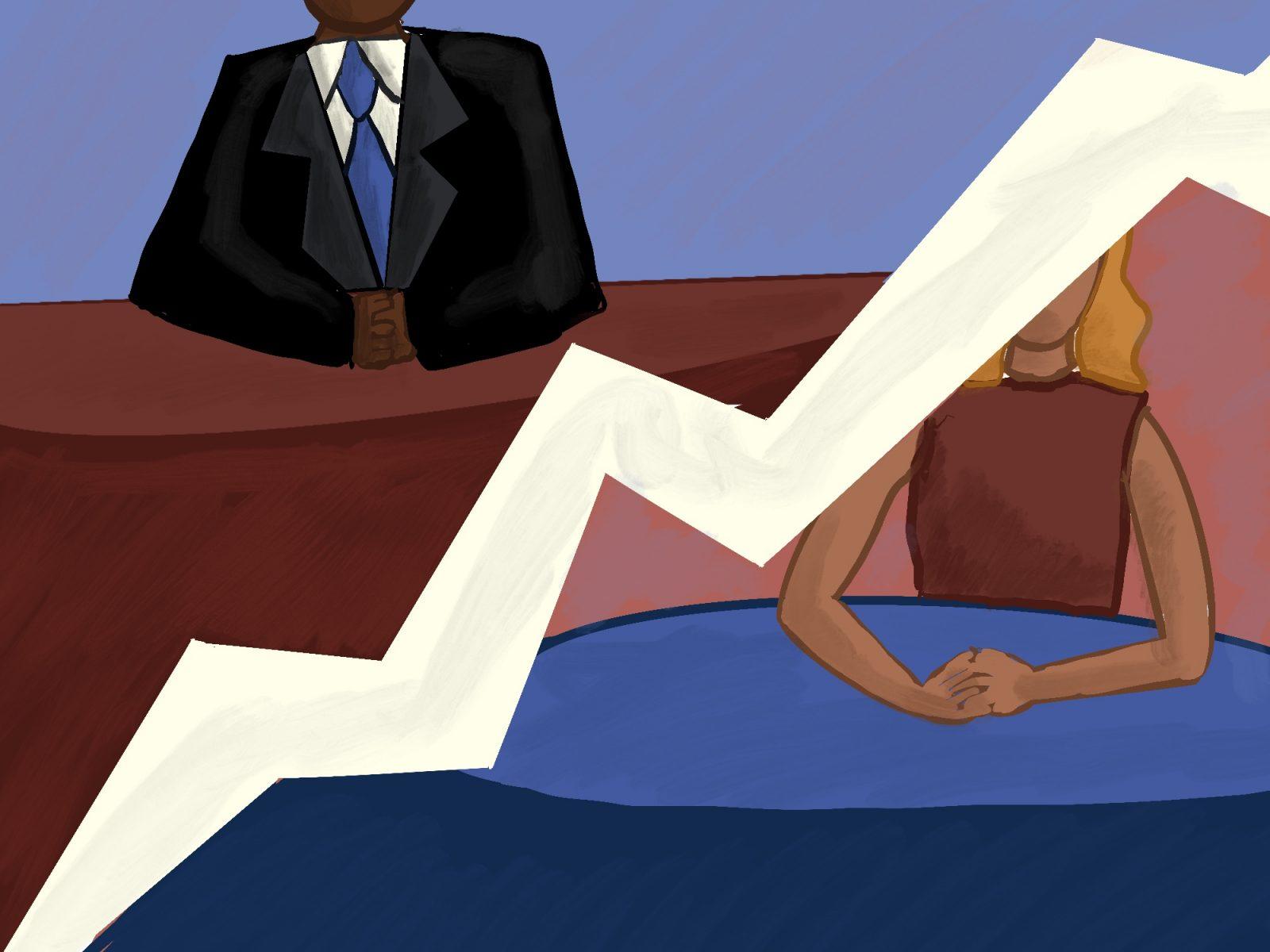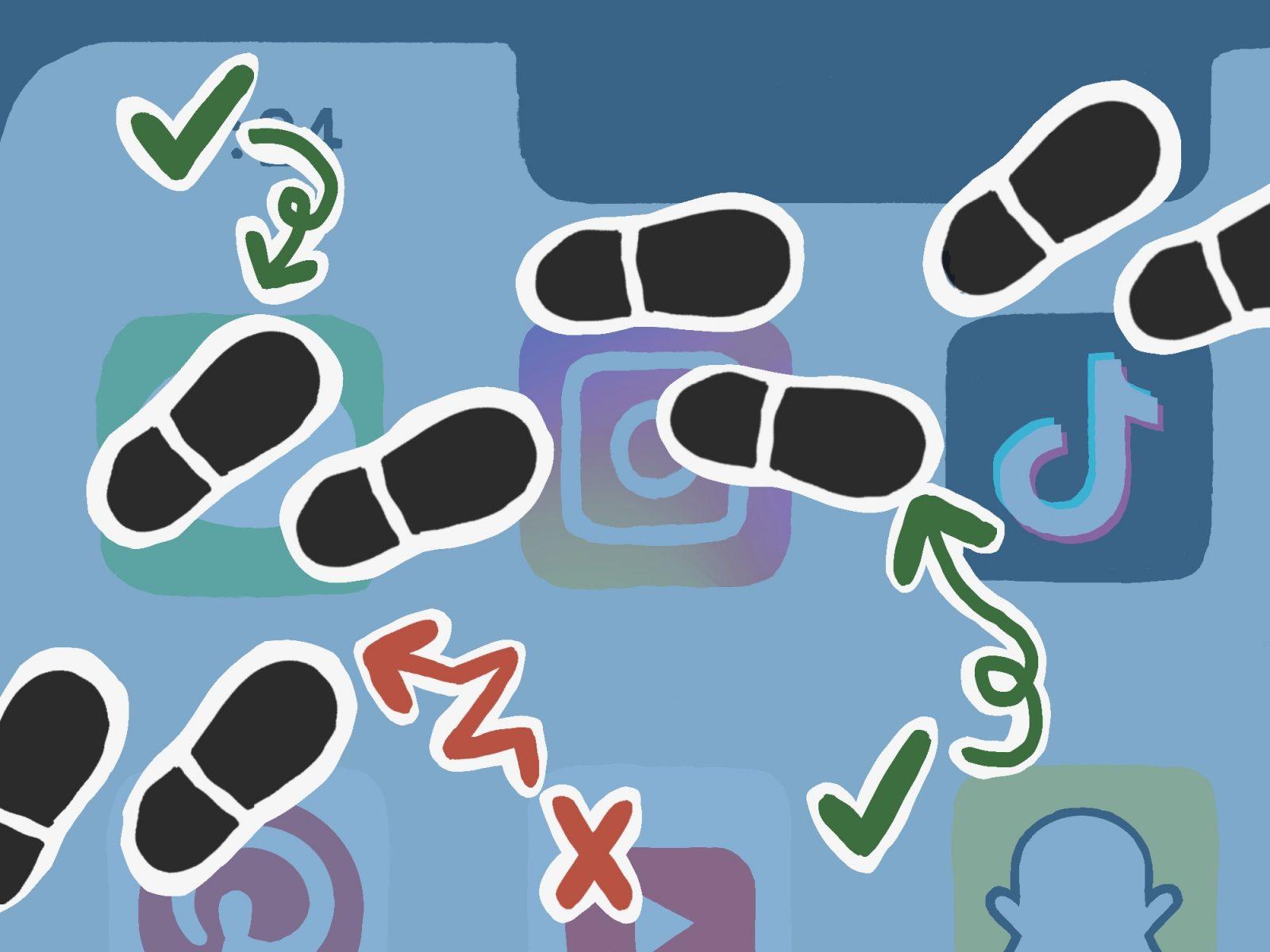In Seward, Alaska, there is a small movie theater with just one screen. The vendor does not ask you what movie you’d like to see, but what time you’d like to see the one film they’re playing. Small businesses like these rarely see enough customers to fill the theater on a nightly basis. Therefore, small theaters like these don’t have enough money to upgrade from film to digital projectors and screens.
The Justice Department introduced legislation in 2010 that would require movie theaters to upgrade to digital equipment to better cater to disabled moviegoers. According to a Fox News story on Tuesday, 90 percent of theaters have already converted to digital screens and 55 percent of those theaters have the necessary equipment to accommodate blind and deaf patrons.
That last 10 percent of theaters will have to purchase the $70,000 digital screens if U.S. President Barack Obama passes the mandate. On top of that, the theater will have to purchase headphones to narrate films for blind people and glasses with subtitles for deaf people. After all those augmentations and the new disabled patrons, theaters can take years to break even and afford those augmentations.
Think about how cheap a movie was before the new Millennium. Remember when five buck got you in and another two got you a modest soda? If theaters are forced to finance these changes, they may begin to close down. Is this worth including people?
The answer is yes. More than half of the movie theaters in the U.S. already cater to blind and deaf patrons. Almost all theaters have converted to digital screens and projectors. This sort of legislation not only benefits disabled moviegoers, but it also invigorates a conversation about inclusion and how it affects disabled people and their families.
But, alas, can those small theaters afford these new features? In a time of Netflix and on-demand streaming, more people are going home to watch movies anyway. But people with disabilities deserve to have to ability to participate in activities hearing and sighted people take for granted.

